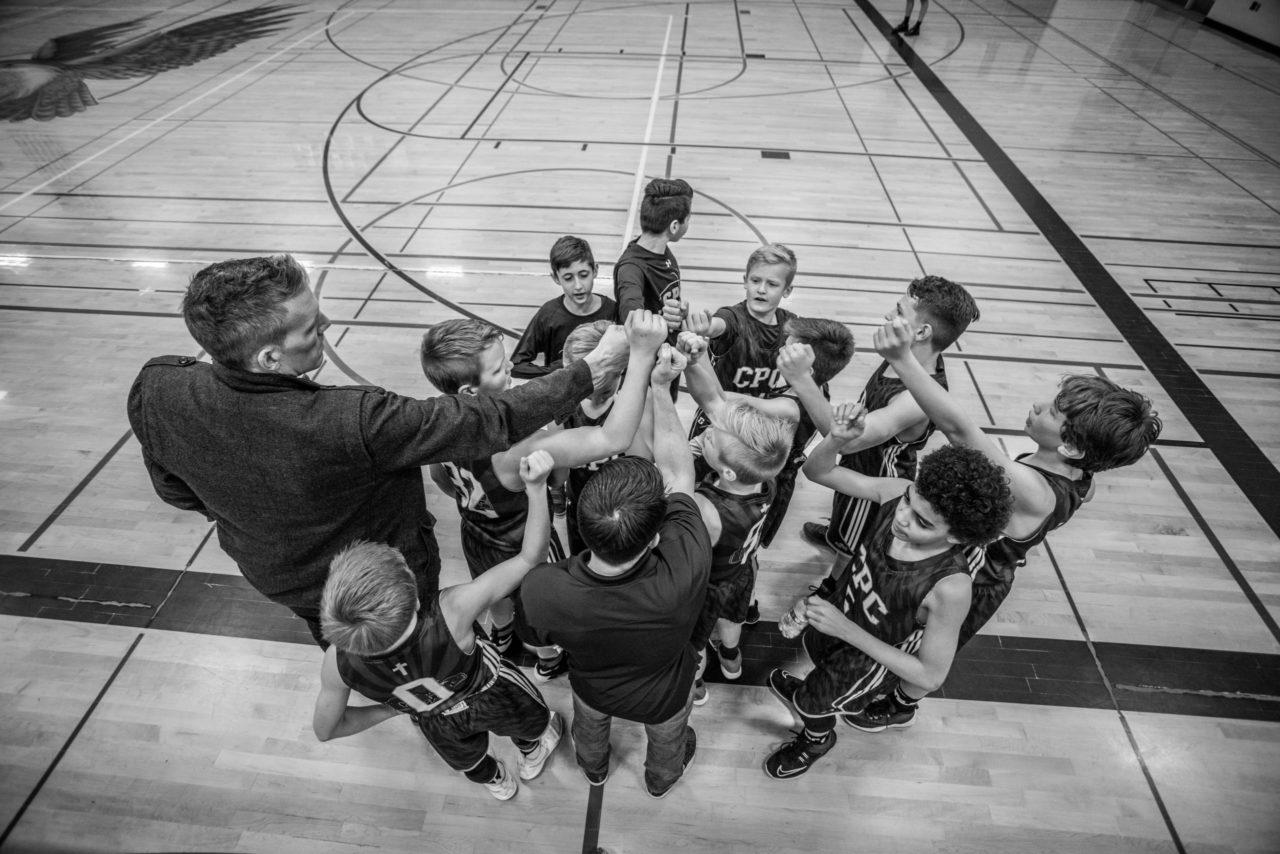Guest Post by Sean Glaze
In his now famous TED Talk from 2013, Bill Gates explained in the first few minutes that his bridge game had improved – along with his executive impact – largely because he had a coach.
And he explained that “We all need a coach… we all need people who will give us feedback. THAT is how we improve.”
But I would disagree.
Bill, for all his wisdom and well-meaning, misses the vital point that is actually the obstacle to most people succeeding – whether in business as team leaders, as athletes, or as bridge players.
Coaches and advice and feedback are readily available for us.
Most of the executives I have met have secured coaches. And as a high school basketball coach, every one of the athletes that played for me had a fantastic coach!
But not every one of those executives or athletes has benefitted from the information and encouragement and suggestions that they received.
Because too few of us actually STAY COACHABLE.
If you want to improve your results… you need more than the seeds of helpful information and advice.
You need to prepare the soil to make it more fertile and accepting of those seeds so they can be planted and flourish.
I learned this first as a basketball coach, and more recently as a speaker and trainer working with teams across the country…
Because far too many leaders – and teammates – in organizations like yours are not as coachable as they should be.
And the feedback that could help them improve and navigate change goes unappreciated and unapplied. Which means that their results often remain the same.
If you want someone on your team to be more coachable, or if you recognize that YOU need to improve your coachability, it is likely because an unhealthy amount of EGO has limited their (or your) interest in applying good advice.
You cannot pour growth into a cup already full of ego and assumptions!
A coachable person is someone that is so passionate about a goal that they are willing to embrace change and accept failure as part of learning to improve.
A coachable person is appreciative of advice and applies it.
A coachable person admits mistakes and seeks the wisdom of others.
But while we all START OUT coachable, not everyone stays coachable.
Because a key ingredient in the process of being a more coachable person is HUMILITY…
Part of the process of STAYING COACHABLE focuses on HUMILITY.
Here is an excerpt from my book explaining WHY humility is vital:
“HUMILITY is being willing to accept help.
But not everyone accepts, or even acknowledges, the help they need.
You first need to reflect on how you have handled feedback or responded to the people who shared advice with you in the past.
Here is why…
You can’t pour growth into a cup already full of assumptions and ego.
A dangerous obstacle to improvement is a refusal to accept, appreciate, and apply the help that is offered to you.
When you say “I know,” or refuse to listen to someone who can help you improve, your assumption is limiting your progress.
If you know it all, you can’t grow at all…
A full cup can’t accept any more, and it makes a mess when you try…
The mug is a physical reminder that you must remain greedy and grateful for the valuable ideas and suggestions that others might share.
It seems that good advice is much like deodorant –
Too many people believe the person next to them needs it more than they do!
I recall a regrettable situation with a promising young lady that I had hired.
There were three things I thought she could do that would make her more successful. But I never got them out. As soon as I began to point out any imperfection or opportunity, she would interrupt me with “you don’t understand…,” or “that’s just because…”
She had a habit of explaining away her every action.
She politely defended herself and was never willing to accept any suggestion or observation that would have contributed to her improvement. I eventually concluded that my offers to help her only led to uncomfortable disputes, so I stopped trying – and it was her performance that suffered.
An unhealthy ego is resistant to admitting mistakes.
To grow, you must stay thirsty and thankful for people to pour truth into you.
You cannot grow if you are a full cup.
Some people say they want to get better but are only willing to do it their own way.
They refuse to accept the wisdom of another’s experiences.”
Curious about the other parts of the process required for Staying Coachable?
Sustaining success demands that you and your team all become more coachable.
All progress requires a desire to be better and a willingness to change.
And your willingness to CHANGE is likely going to be limited by your EGO, which years ago I learned was responsible for “eliminating growth opportunities.”
Your growth – the progress and improved results you desire – are ALL on the other side of your commitment to be a more coachable person.
That requires humility.
And while Bill Gates is right that “we all need people to give us feedback,” the truth is that you need more than quality seeds to grow an impressive garden.
You need to prepare the soil.
Humility makes you more successful and allows you to:
- Become more vulnerable and approachable by your colleagues
- Accept feedback with appreciation instead of annoyance
- See yourself as a contributor who asks “what does the team need?”
- Apply information and ideas from unlikely sources
- Continue improving regardless of your status or past wins
Because no matter how many coaches you hire… no matter how wise their counsel, if you and your team are not coachable then you will not appreciate or apply the ideas that could lead to significantly better results.
Staying Coachable is how good teams – and good leaders – get better.
Sean Glaze is an expert at helping leaders create exceptional team cultures.
His programs inspire your people to laugh together so they can have more success working together. Sean’s four books, The Unexpected Leader, Rapid Teamwork, The 10 Commandments of Winning Teammates, and Staying Coachable are entertaining parables with powerful take-aways for building and leading great teams!
As a successful coach and educator for over 20 years, Sean gained valuable insights into how to develop winning teams – and founded Great Results Teambuilding to share those lessons with smart team leaders…
Sean’s engaging conference keynotes and interactive teambuilding event programs equip and inspire the individuals on your team to be Winning Teammates!
What issues are you dealing with now that would disappear if you could build a team culture that inspired accountability, trust, and a team-first attitude?
Photo by Jesse Orrico on Unsplash.

